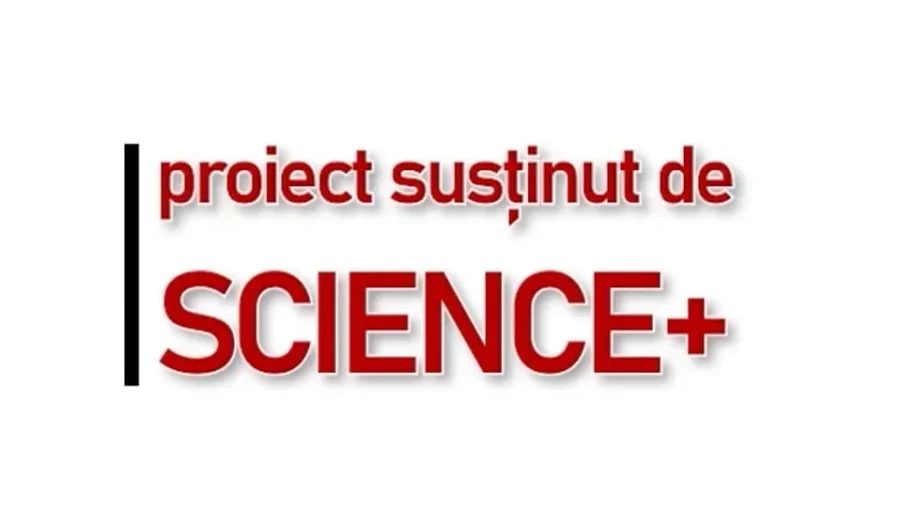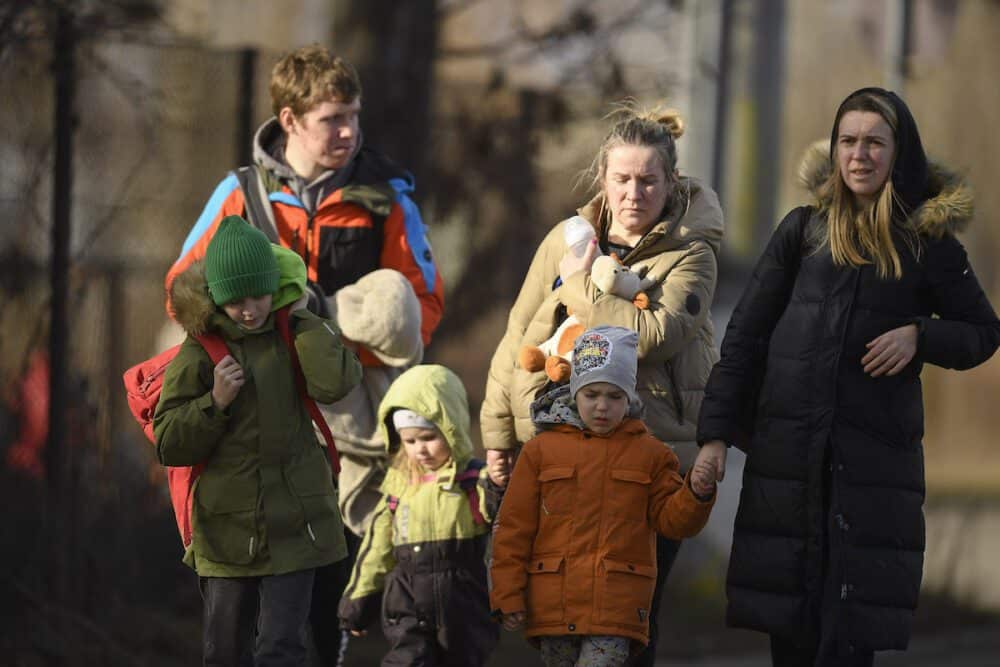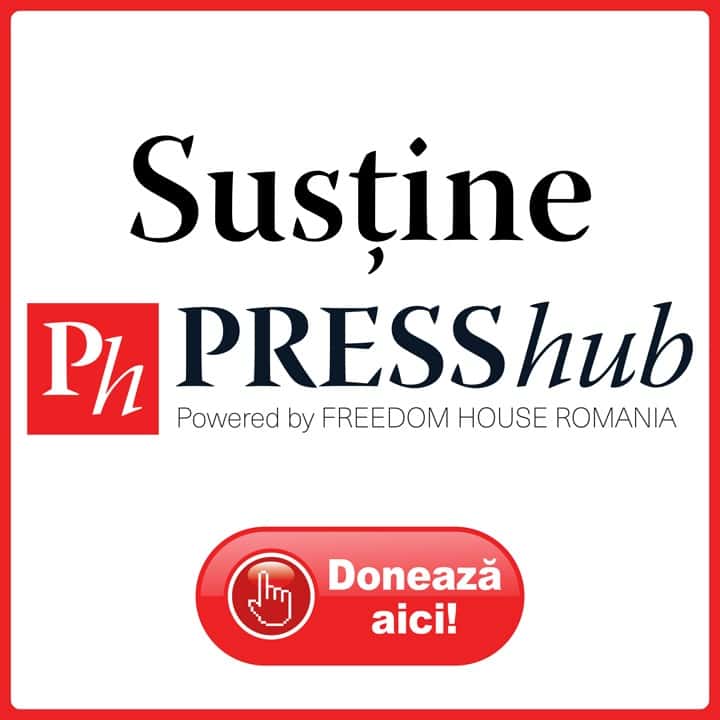Very few doctors discuss the financial support Romania has given to Ukrainian refugees. We have met this reluctance with puzzlement: never before in the more than two decades of journalism have so many doctors and specialists refused or outright ignored us.
Even the Health Ministry did not respond to our request for information on how much money Romania has spent since 24 February 2022 up to this date on free health care for the over 100,000 Ukrainians sheltering from the war in Romania.
We have only received an answer from the National Health Insurance House, in which we were given some data. But in a grumpy tone, in which we were mostly mocked and scolded.
The explanation of this doctors’ reluctance is obvious from the two questions PRESShub asked Romanians on Facebook: „Do you think the Romanian authorities have done enough for the Ukrainian refugees?” and „What effect do you think the Ukrainian refugees have had on the Romanian economy and society?”.
We received 100 responses on the first question and over 1,700 on the second one. Many sounded the same, varying between the words „disaster” and „calamity”, plus the exhortations to „go home because we’ve kept them on our backs long enough”.
Some Romanians, the most active on social media, are running out of patience: prices have exploded, the Romanian and European economies are heading towards recession, the government in Bucharest seems to be more concerned with feeding party members and their close associates with public money. Putin’s war in Ukraine will not end soon, so the international, European and Romanian situation will not improve significantly this year either.
In times of crisis, one is always looking for a person or a group to throw the blame on. And the domestic propaganda, from populist or extremist politicians, works. The culprits have been found: the Ukrainian refugees.
„No one took anyone’s place, no one took anyone’s money”
„I feel somehow compelled to make a comparison with what happened in the pandemic. In the first month of the pandemic we were all friends and we were helping each other. From the second month onwards, all kinds of discussions started.
That’s pretty much how it was in this situation too. Initially there was tremendous enthusiasm, which lasted about a month.
After a month, there were discussions about Ukrainian patients taking the place of others, taking the money, and all kinds of stories, which were repeated untruths.
By throwing out untruths, you’re sure to get a reaction at some point. I don’t know if it wasn’t part of a hybrid war. I can’t help but think there is, because people of good faith who came to the institute understood what was going on.
Nobody took anybody’s place, nobody took anybody’s money.”
The above explanation belongs to Prof. Dr. Patriciu Achimaș-Cadariu, former Minister of Health, specialist at the Oncology Institute „Prof. Dr. Ion Chiricuță” in Cluj-Napoca (INOCN).
The professor’s statement is confirmed by a survey conducted by the Federation of Non-Governmental Organisations for Children (FONC) among Ukrainian refugees in Romania from 2 to 9 September 2022.
Respondents answered that one of the biggest problems they faced in Romania was registering at a family MD, „because many family doctors do not want to register Ukrainian citizens.”
Ukrainians who took refuge from the war in Romania also faced limited access to consultations and treatment from specialist doctors (the most common specialisations requested were paediatricians, dentists, diabetologists and ophthalmologists), according to the same survey.
The Ministry of Health did not send us any information
The most recent data we obtained on Romania’s spending on health care for Ukrainian refugees is from March this year. The National Health Insurance House gave us the overall data, but not the breakdown by medical services and diseases treated.
We have been sent to the Ministry of Health, an institution which, although it went through a governmental changeover, remained with the same minister, Alexandru Rafila.
PRESShub sent to the Ministry of Health a request for full public information display on 15 May. We returned with follow-up questions at the end of May. By the time this article was published – the end of June – we had received no reply, although it was confirmed to us by phone that the emails with our requests had arrived and „are being processed”.
Most of the data on this topic was collected by an NGO, FONC, which published a report on the matter, with data valid only until 15 February 2023.
How many Ukrainians received free medical services in Romania
16,674 refugees
have benefited from medical services paid for by the Romanian health insurance system, according to data provided by the National Health Insurance House for PRESShub.
„However, due to factors such as difficulty in communication, personal documents in another language and spelling, sometimes missing, etc. we do not exclude the possibility that in some cases the same person was registered multiple times in the CNAS records,” the institution states in its response.
23 million lei
were spent from the health insurance budget last year on medical services for refugees in Romania, either Ukrainian or from other countries. Another 26.4 million lei are planned for this year. The funds were provided exclusively from national sources.
Refugees have the same rights as a Romanian citizen
Persons who have taken refuge in Romania from the neighboring country at war benefit from medical services, medical supplies, medicines, medical devices, and medical services included in the national curative health programs under the same conditions as insured Romanian citizens.
Therefore, refugees receive free medical assistance and free or compensated medication. Specialist ambulatory medical services are provided without the need to present a medical note from the family doctor or specialist, a fact that – as seen from the surveys – many refugees and even Romanian doctors don’t know.
Asylum seekers also have the right to receive primary health care and treatment, emergency medical services in hospitals and free medical treatment for acute or chronic diseases that are immediately life-threatening.
80-90 patients/month
have been admitted since March 2022 to the National Institute of Oncology in Cluj-Napoca, with variations of 60-80/month in July-September last year.
The most common cancers found or treated in Ukrainian refugees were breast, ovarian and prostate cancers. The number of days of hospitalization varies depending on the complexity of the case from 3 days to 49 days for a patient with a malignant tumour of the torso skin.
737,448 euros
were the total expenses made by INOCN with Ukrainian refugees.
„There were separate funds for the treatment of these patients. It simply went on and on and on. I see it even today because I have many friends and relatives, and family doctors who have patients on the list.
And there is again this story that Ukrainians are taking the place of Romanians. As long as you’re a patient on a GP’s list and you have an appointment, I don’t think you’re taking anybody’s place.
I mean at the end of the day, if we treat ourselves along ethnic lines, we have a big problem. Or if we prioritise on ethnic criteria”, explained, as clearly as possible, Prof.dr. Patriciu Achimaș-Cadariu.
The professor also rejected the idea that because the funds for Ukrainian refugees come from the national cancer programs, the money would not be enough for Romanian patients.
„There were dedicated funds for Ukrainians. Nobody was left without medicine.
Or when there were no medicines, they were missing not because Ukrainian patients consumed them, but simply because… Here we can make another story why sometimes medicines are missing or why we don’t have them, but this was certainly not the cause.
The money and the drugs were not taken from anyone else”, said the Cluj oncologist.
Prof. Achimaș-Cadariu notes that the people who were most outraged by the fact that the Ukrainians were being helped were people who did not even need treatment, „the anger came from people who had nothing to do with oncology, they were not even patients or relatives”.
(Audio in Romanian)
The vast majority of Ukrainian refugees seeking treatment in Cluj were women, elderly women or women with children, very few men.
How many refugees have used emergency services in Romania
There are currently more than 107,000 Ukrainian citizens in Romania, of which more than 47,000 are children. More than 20 laws have been amended and adopted to manage the situation of displaced persons from Ukraine, and more than 1,500 local authorities and 300 non-governmental organisations have been involved in providing direct support to refugees from Ukraine, according to a January 2023 Romanian government statement.
14,000 refugees presented to the emergency room and 868 with chronic diseases
were registered by the end of last year, according to data obtained by the Federation of Non-Governmental Organisations for Children (FONC).
10,699 admissions
were recorded between April and November 2022, most in May and June last year.
Of these, 5,822 were adults and 4,877 were children requiring care in medical units. The report on Romania’s efforts and achievements in the field of humanitarian assistance to refugees, children’s rights and other vulnerable categories for 2022 states that 3,170 Ukrainians received continuous hospitalisation.
The situation of presentations to the ER, recorded by the Ministry of Health, shows that from March to mid-November 13,917 citizens of Ukraine faced medical problems that brought them to an emergency department.
The most presentations in the emergency room, more than 2,000, were recorded in March and April last year.
Of the nearly 14,000 people, 2,769 required admission, with most cases recorded in March (516), April (474) and May last year (383).
13,782 Ukrainian children
were sent to specialised services, including health and social care, and 4,993 children were registered at the General Directorates for Social Assistance and Child Protection (DGASPC) by the end of last year, according to the FONC report.
287 people with specific needs have received protection assistance and 199 children are currently in the special protection system.
Also, 32,025 Ukrainian refugees received information about available protection services related to gender-based violence (GBV), sexual exploitation and abuse.
Health is the most important concern for Ukrainian refugees in Romania
The survey conducted by the Federation of Non-Governmental Organisations for Children among 513 Ukrainian refugees identified that access to health services has become the most pressing issue for Ukrainian citizens.
Access to specialist treatment for chronic diseases is considered very important for 52% of those who participated in the survey.
About 59% consider access to gynaecological or maternal and child health services to be very important. 79% consider access to general medicine to be very important.
On the other hand, another survey conducted by the International Organisation for Migration (IOM), based on more than 10,000 questionnaires collected between 25 March and 10 October 2022 in Brasov, Bucharest, Constanta, Galati, Husi, Iasi, Maramures, Suceava and Tulcea, shows better results.
When asked „Do you have access to a health clinic in the place where you are in Romania?”, 76% of Ukrainians in the Capital said they had easy access to health services, while 20% said access was difficult.
In Constanta, 49% said they had easy access and 7% said it was difficult. In Galati, 44% said they had no problems getting healthcare in a clinic, while 42% said it was difficult, and in Iasi over half (53%) said they were satisfied and 37% said access was difficult.
The main difficulties reported by refugees from Ukraine when they had to access a medical service were lack of information and not speaking Romanian.
Follow PressHUB on Google News!
Corina Negrea contributed.

Foto: Inquam Photos / Alex Nicodim




